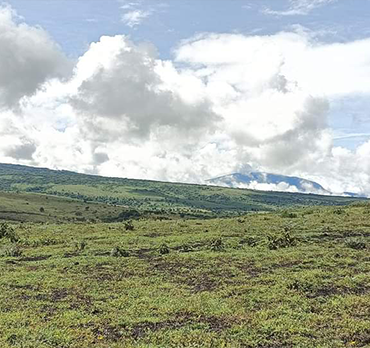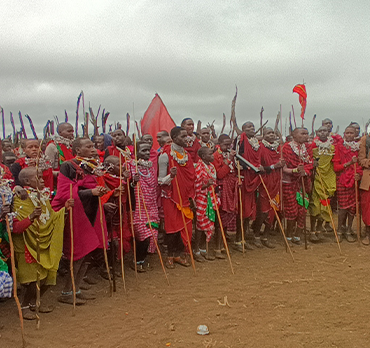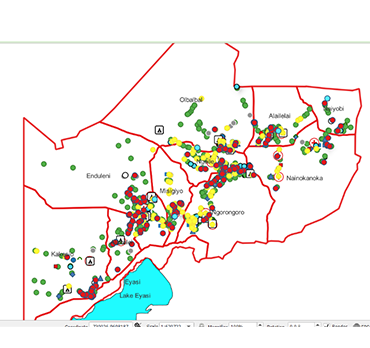

Indigenous communities
have a deep connection to their lands, which are integral to their cultural identity, livelihoods, and way of life. Our programs are tailored to respect and enhance this connection by ensuring that these communities are central to all land governance processes.
By advocating for their rights and providing the necessary tools and support, we aim to empower these communities to sustainably manage their territories, preserve their heritage, and secure their futures.
Through our comprehensive approach to land rights and land governance, we strive to create a more equitable and just society where indigenous communities can thrive on their ancestral lands.





